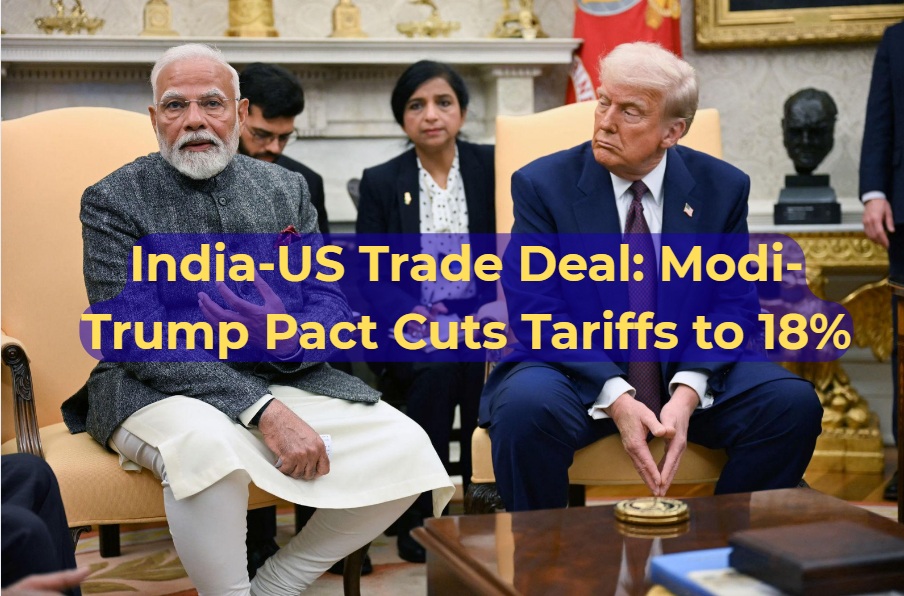The Aam Aadmi Party (AAP) government in Delhi, led by Chief Minister Arvind Kejriwal, is once again embroiled in controversy, following fresh allegations of mismanagement and negligence in the distribution of food grains under central welfare schemes. The issue has come to light after it was revealed that nearly 90,000 individuals, many from marginalized Dalit communities, have not been issued ration cards, denying them their right to essential food supplies. The controversy has sparked a political storm in the capital, with the opposition accusing the Kejriwal government of deliberately withholding aid for political gain.
Background of the Allegations
The current scandal revolves around the distribution of food grains under the Antyodaya Anna Yojana (AAY), a scheme launched by the central government to provide highly subsidized food grains to the poorest families in India. Beneficiaries of the scheme are entitled to 35 kilograms of food grains per month, which includes 21 kilograms of wheat, 14 kilograms of rice, and 1 kilogram of sugar. This scheme, intended to support the most vulnerable sections of society, particularly Dalits and other marginalized groups, has been implemented across the country, including Delhi.
However, opposition leaders, including Vijender Gupta, have accused the AAP government of failing to deliver on this front. According to Gupta, while other parts of the country have ensured food grain distribution to eligible families, Delhi’s government has fallen short. He claims that although 15,600 families in Delhi are eligible to receive rations under the AAY scheme, only around 66,000 families are currently receiving benefits. This is a significant drop from the 76,000 families that were receiving rations in 2015 when AAP first came to power.
The Issue of Ration Cards
At the center of this controversy is the issue of ration cards. In India, ration cards are necessary to access subsidized food grains and other essential supplies under government welfare schemes. In this case, Gupta has alleged that 90,000 individuals in Delhi, who should have been issued ration cards, have been left without them. The opposition claims that the Delhi government’s Food and Civil Supplies Department had prepared a list of eligible individuals in 2019 but did not issue the ration cards.
The reason for this, according to Gupta, is politically motivated. He alleges that Imran Hussain, the Food and Civil Supplies Minister in Delhi, halted the issuance of these cards under orders from Kejriwal. The rationale, according to the opposition, was that issuing ration cards would benefit the Bharatiya Janata Party (BJP), as people would attribute the food grains to the central government’s scheme. By delaying the ration cards, AAP allegedly prevented people from receiving benefits ahead of the 2019 general elections, to avoid giving BJP any political credit.
Impact on Dalit Communities
This alleged failure to distribute ration cards has had a disproportionate impact on Dalit families, many of whom live in the poorest slums of Delhi. These families, already struggling with poverty, rely on the food grains provided by government schemes to survive. By not receiving ration cards, thousands of Dalits have reportedly been left without access to food supplies, exacerbating hunger and deprivation in already vulnerable communities.
Opposition leaders have been vocal about the injustice faced by Dalits in this situation. Gupta has accused the AAP government of “snatching food grains from the mouths of the poor.” He added that while the government claims to provide free electricity and water, these benefits do not compensate for the failure to deliver essential food grains to the most needy. The accusations have fueled public outrage, with many questioning the Kejriwal government’s commitment to welfare for marginalized communities.
Inquiry Ordered by the Lieutenant Governor
In response to these allegations, Delhi’s Lieutenant Governor (LG) VK Saxena has taken action, ordering an inquiry into the matter. The LG has directed Delhi’s Chief Secretary to investigate why 90,000 ration cards were not issued and whether there has been any mismanagement in the distribution of food grains. This inquiry is expected to reveal the reasons behind the delays and to identify any negligence or malfeasance in the Food and Civil Supplies Department.
The LG’s involvement underscores the gravity of the situation, as the investigation will not only focus on administrative failures but may also explore whether there were deliberate attempts to withhold aid for political reasons. The inquiry is seen as a critical step in addressing the concerns raised by the opposition and ensuring that marginalized families receive the support they are entitled to under the Antyodaya scheme.
AAP’s Defense and Response
Despite the serious allegations, the Aam Aadmi Party has dismissed the accusations as baseless. In a statement, the party has argued that the delay in issuing ration cards was not politically motivated but was instead a measure to prevent the misuse of government schemes. According to AAP, the ration card system had been subject to manipulation by vested interests, and the government was acting to ensure that only eligible individuals received benefits.
AAP spokespersons have defended Imran Hussain’s decision, stating that the minister was acting in the public interest to prevent fraudulent ration cards from being issued. They also emphasized that the party is committed to transparency and fighting corruption in the distribution of welfare benefits. However, this explanation has done little to assuage the concerns of the opposition or the affected communities.
Broader Implications for AAP
This latest scandal comes at a challenging time for the Aam Aadmi Party. As the state government prepares for upcoming elections, its handling of welfare schemes and its commitment to serving the poor are under increasing scrutiny. AAP has built much of its political reputation on its pro-poor policies, including subsidized utilities, free education, and healthcare. However, allegations that it has failed to deliver basic food supplies to the poorest families in the capital could undermine its credibility and electoral prospects.
Moreover, the controversy has sparked broader concerns about governance in Delhi. Critics argue that the Kejriwal government has become more focused on media management and political maneuvering than on fulfilling its promises to the poor. The failure to issue ration cards, if proven true, would be seen as a significant lapse in governance, raising questions about the state government’s priorities and competence.
Whats Ahead..
The allegations against the Aam Aadmi Party regarding the denial of ration cards to 90,000 individuals have triggered a political storm in Delhi. As an inquiry has been ordered into the matter, the truth behind these accusations is yet to be fully revealed. However, the controversy highlights the importance of government accountability in delivering welfare to marginalized communities. For Dalit families and others struggling with poverty in Delhi, the failure to receive food supplies has serious consequences, and the outcome of this investigation will be closely watched.
As the political battle intensifies, the question remains: was the delay in issuing ration cards a case of administrative failure, or was it a calculated move to gain political advantage? The coming weeks will likely bring more clarity to this unfolding controversy.





